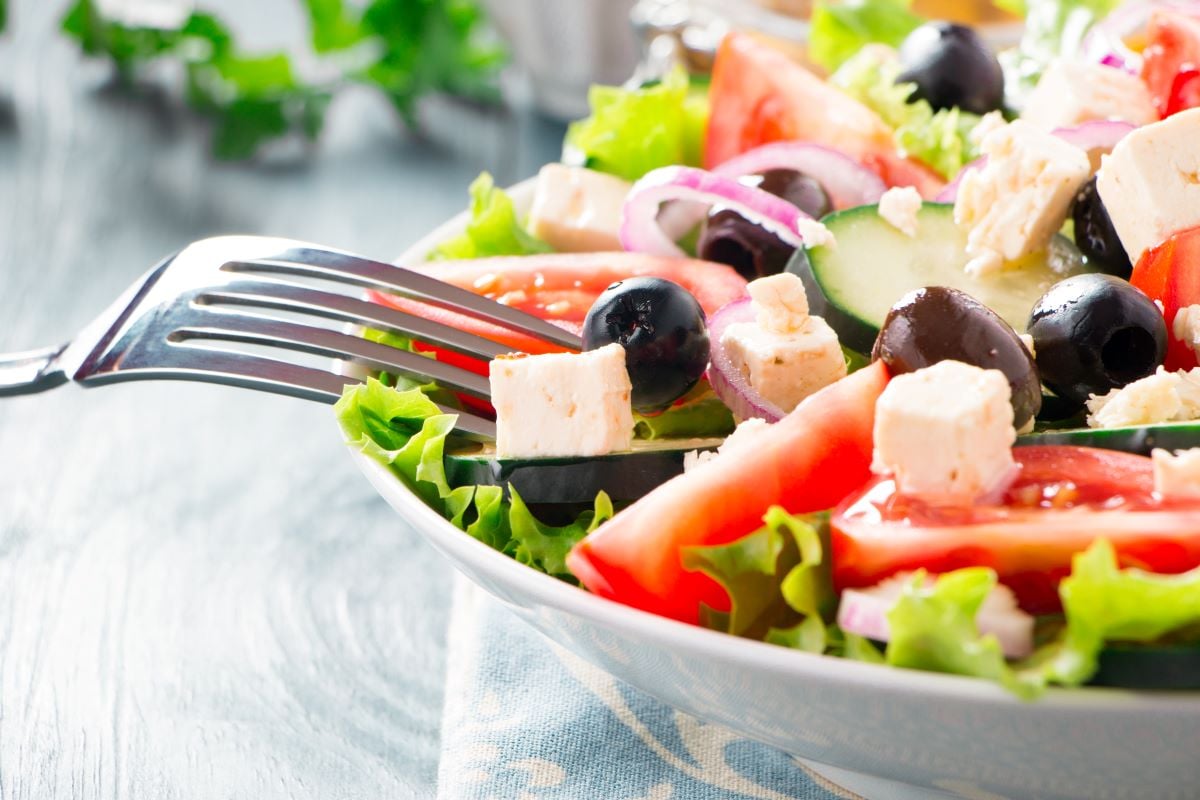
Eating more fruits and veggies can lower blood pressure and improve heart health by reducing acid levels in the body, a new clinical trial finds.
People who added two to four cups of fruits and vegetables to their daily diet wound up with lower blood pressure and reduced heart disease risk, as well as improved kidney health, trial results published Aug. 6 in the American Journal of Medicine showed.
“This supports our recommendation that fruits and vegetables should be ‘foundational’ treatment for patients with hypertension, because we accomplish all three goals [kidney health, lower blood pressure and reduced cardiovascular disease risk] with fruits and vegetables, and we can do so with lower medication doses,” said researcher Maninder Kahlon, an associate professor of population health with the University of Texas at Austin Medical School.
In other words, doctors should first have people eat more fruits and veggies before starting them on blood pressure medications, the researchers said.
“Dietary interventions for chronic disease management are often not recommended and even less often executed because of the many challenges to get patients to implement them,” explained lead researcher Dr. Donald Wesson, a professor of internal medicine with the University of Texas at Austin. “Nevertheless, they are effective, and in this instance, kidney- and cardiovascular-protective.”
“We must increase our efforts to incorporate them into patient management and more broadly, make healthy diets more accessible to populations at increased risk for kidney and cardiovascular disease,” Wesson added in a journal news release.
The clinical trial was based on previous studies that found that diets heavy in animal protein tended to cause higher blood acid levels, and that kidney health suffered as the organ works overtime to filter those acids from the blood, Wesson said.
“We hypothesized that one way that fruits and vegetables are both kidney- and heart-healthy is that they reduce the amount of acid in the diet and therefore the amount of acid that kidneys have to remove from the body,” Wesson explained.
For the trial, researchers divided a group of 153 patients with high blood pressure and very high levels of blood acid into three groups.
One group ate more fruits and vegetables, another group took two sodium bicarbonate tablets daily and the third kept following standard care.
The sodium bicarbonate group wound up with better kidney health than the control group, but didn’t gain the blood pressure and heart health benefits of the fruits-and-veggies group.
Additionally, the people eating more fruits and veggies needed lower doses of blood pressure medication.
More information
The National Institutes of Health has more about the DASH eating plan.
SOURCE: Elsevier, news release, Aug. 6, 2024
Source: HealthDay

Leave a Reply